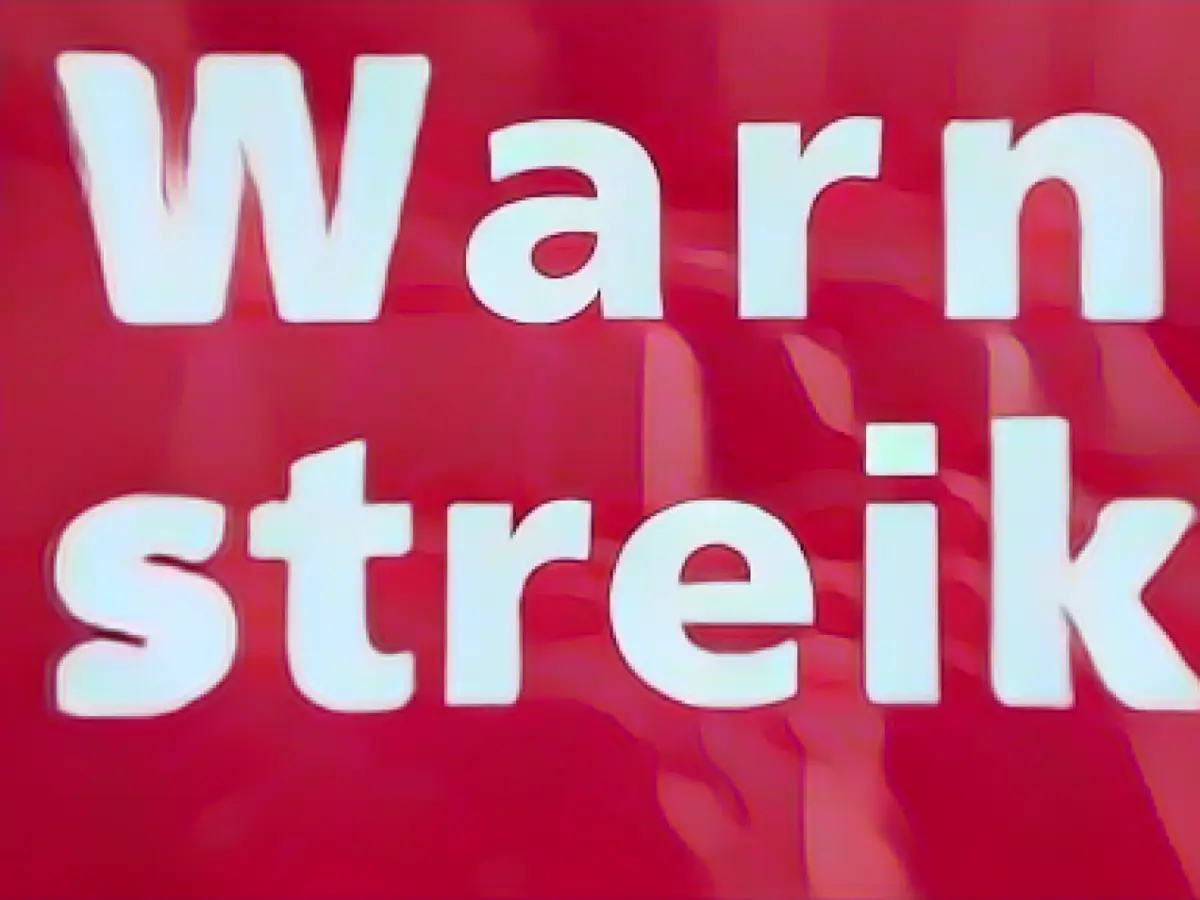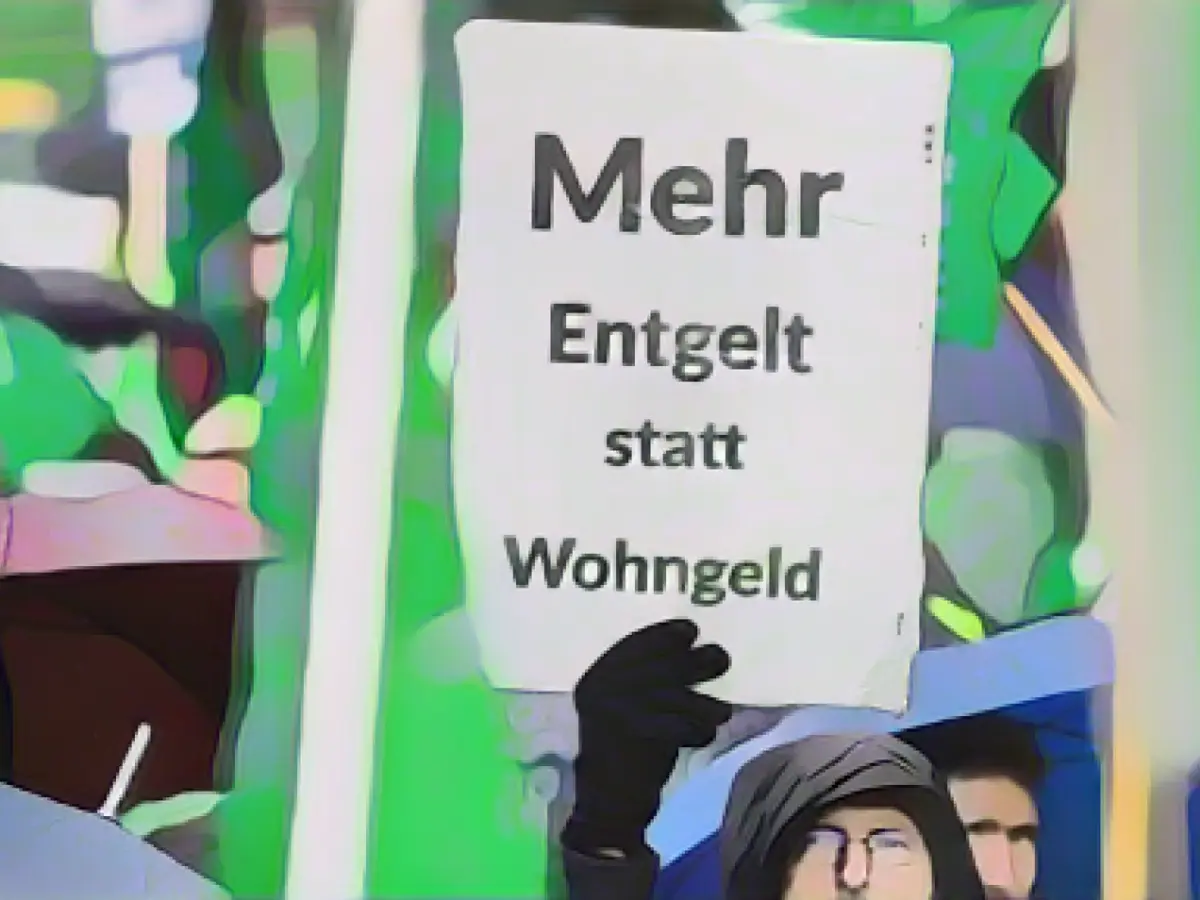Unhappy Developments in Steel Industry Negotiations: IG Metall Stands Firm on Demands
The latest chapter in the ongoing collective bargaining saga unfolded recently as IG Metall, the powerful German union, issued a 24-hour strike threat in the steel industry. The union expressed its dissatisfaction with the employers' offer, which fell significantly short of its demands.
Knut Giesler, the District Director of IG Metall in North Rhine-Westphalia, shared his frustration, stating that the employers' offer - comprising a one-off payment of 1000 euros in January 2024 and a 3.5% wage increase from July 2024, spanning 19 months - was too far a cry from their expectations.
Consequently, Giesler reported that the negotiations had reached a dead end. The decision to end the talks marked the steel companies' entrance into a 24-hour work stoppage.
IG Metall North Rhine-Westphalia has the authority to conduct collective bargaining for the steel and iron industry in North Rhine-Westphalia, Bremen, and Lower Saxony, affecting approximately 68,000 employees.
AT THE NEGOTIATION TABLES
The negotiations commenced with IG Metall touting two principal demands: wage increases and a 32-hour workweek with full wage compensation. Employers, however, disputed the feasibility of these demands.
A history of warning strikes preceded the latest escalation in tensions, including strikes in northwest Germany that occurred amid faltering wage negotiations.
IMPACT OF THE STRIKE
The impending 24-hour strike has put the steel industry in North Rhine-Westphalia on edge, potentially disrupting operations for both employers and employees. The primary issues in contention remain pay increases and working hours.
Beyond the Headlines
While the details of this specific strike are central to the narrative, there are broader factors at play in the labor dispute. These include:
- Postponed wage increases: Although no pay reduction was proposed, the union was disappointed by the deferred wage hikes. The agreed 5% increase over 27 months — set to take effect in 2030 for the workforce — did not directly benefit employees in the near future. Instead, the funds primarily supported the electric vehicle transition [3].
- Job cuts and extended working hours: The collective bargaining agreement included significant job losses and an extension of weekly working hours by one to two hours for those who started at VW before 2004. This extended workweek improvement came without full wage compensation, impacting 40% of the permanent workforce [3].
- Cost savings and dividends: The agreement resulted in substantial cost savings for Volkswagen AG, amounting to over €4 billion in labor costs, productivity, as well as production measures annually. These savings came at the expense of the workforce and shareholders, who benefited from dividend payouts totaling over €4 billion [3].
- Union leadership and dissenting voices: The IG Metall leadership and the Volkswagen central works council hailed the agreement as a success, but critics alleged that the union had failed to adequately mobilize its workforce, leading to the deal's acceptance with minimal resistance [3].
These perspectives help shed light on the wider context shaping negotiations in the steel industry and beyond, as workers and unions continue to navigate an ever-changing economic landscape.







